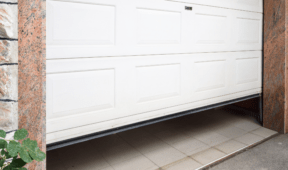Can You Store Power Tool Batteries in a Cold Garage?
If you use cordless power tools, you know how essential their batteries are. But when winter rolls around, you may wonder if it’s safe to store them in a cold garage. While it might seem like a convenient place, extreme cold can impact battery performance, lifespan, and even safety. Understanding how temperature affects your batteries can help you store them properly and keep them working efficiently.
1. How Cold Affects Battery Performance
Lithium-ion batteries, the most common type used in power tools, are sensitive to temperature changes. When exposed to cold temperatures, the chemical reactions inside the battery slow down, reducing its efficiency and causing it to drain faster. This means that if you grab a battery stored in a freezing garage, it may not deliver full power until it warms up.
Additionally, charging a cold battery can be risky. Most manufacturers recommend charging lithium-ion batteries at room temperature, as charging in extreme cold can lead to internal damage and reduced battery lifespan.
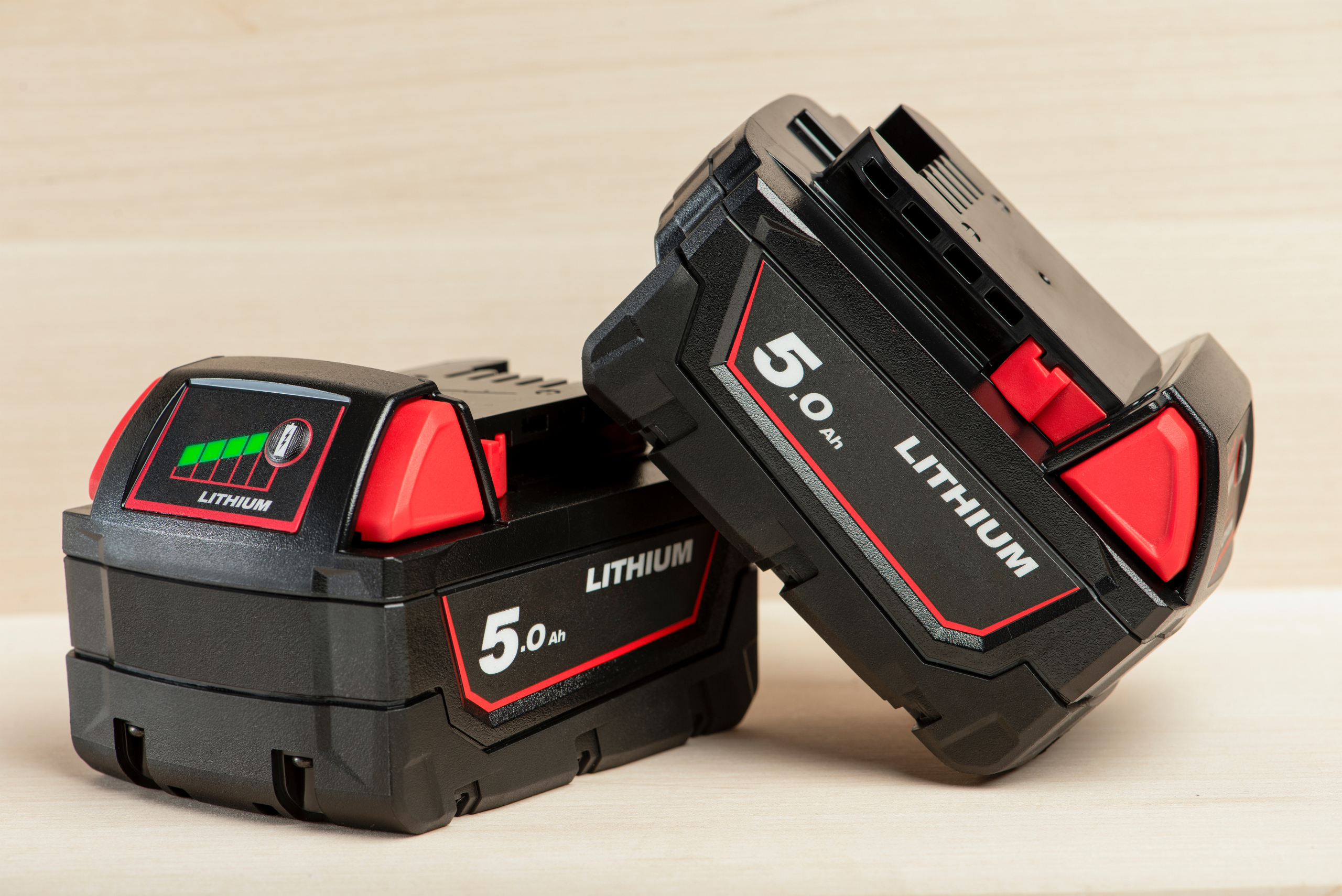
2. Risks of Storing Batteries in a Cold Garage
While occasional exposure to cold temperatures isn’t likely to ruin your batteries immediately, prolonged storage in freezing conditions can cause permanent damage. The cold can make the battery casing brittle, increasing the risk of cracks and leaks. Moisture buildup from temperature fluctuations can also lead to corrosion, further degrading battery performance.
If your garage isn’t insulated, extreme cold combined with high humidity can pose even greater risks. Moisture can seep into battery terminals and internal components, leading to malfunctions or even short circuits.
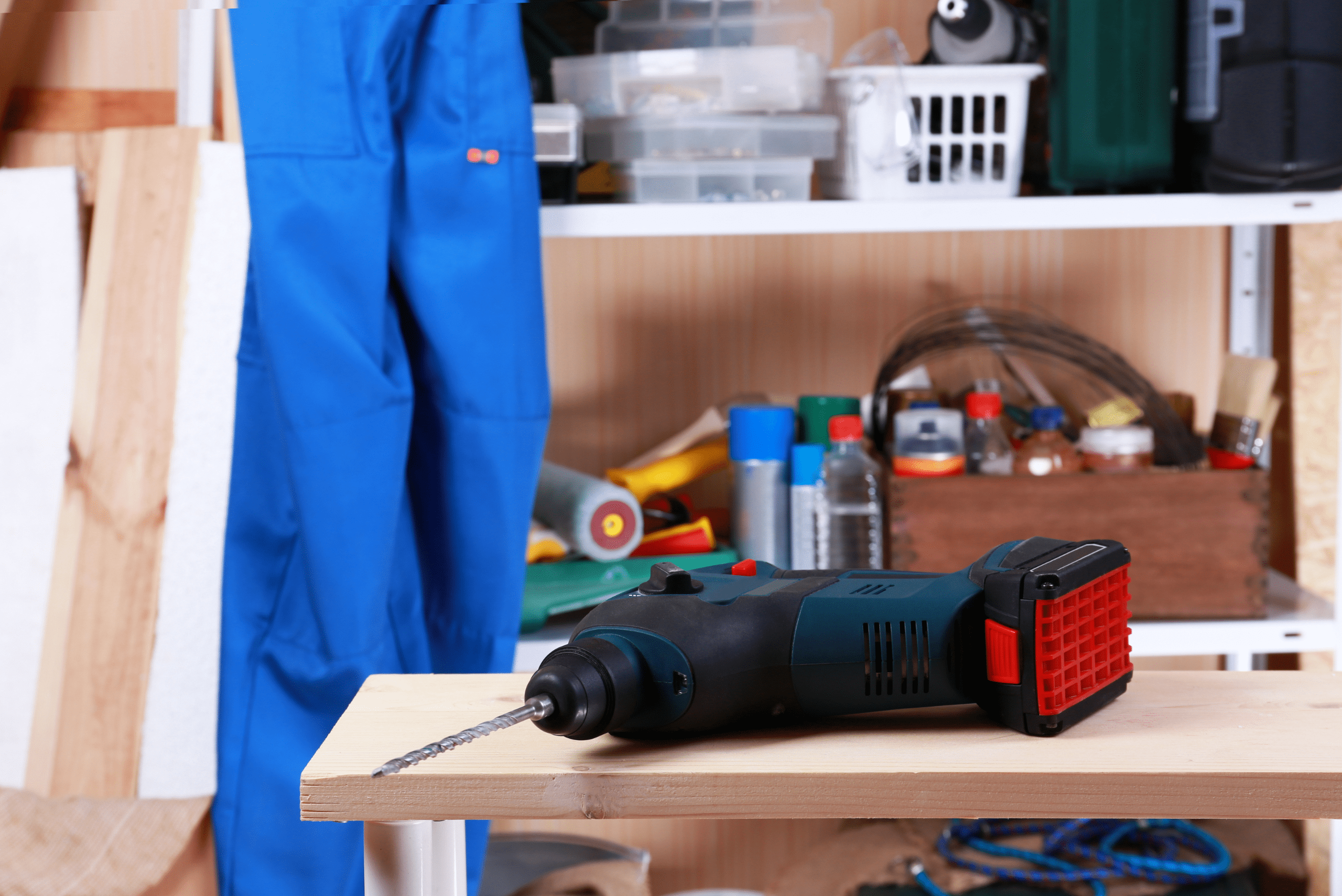
3. The Best Way to Store Power Tool Batteries
To keep your power tool batteries in top condition, store them in a temperature-controlled environment. A basement, utility room, or any indoor area where temperatures stay between 50-80°F is ideal. If you must keep them in the garage, consider placing them inside a well-insulated cabinet or toolbox to minimize exposure to extreme cold.
It’s also a good idea to store batteries with a partial charge. Experts recommend keeping lithium-ion batteries at around 40-60% charge for long-term storage, as storing them fully drained or fully charged can shorten their lifespan.
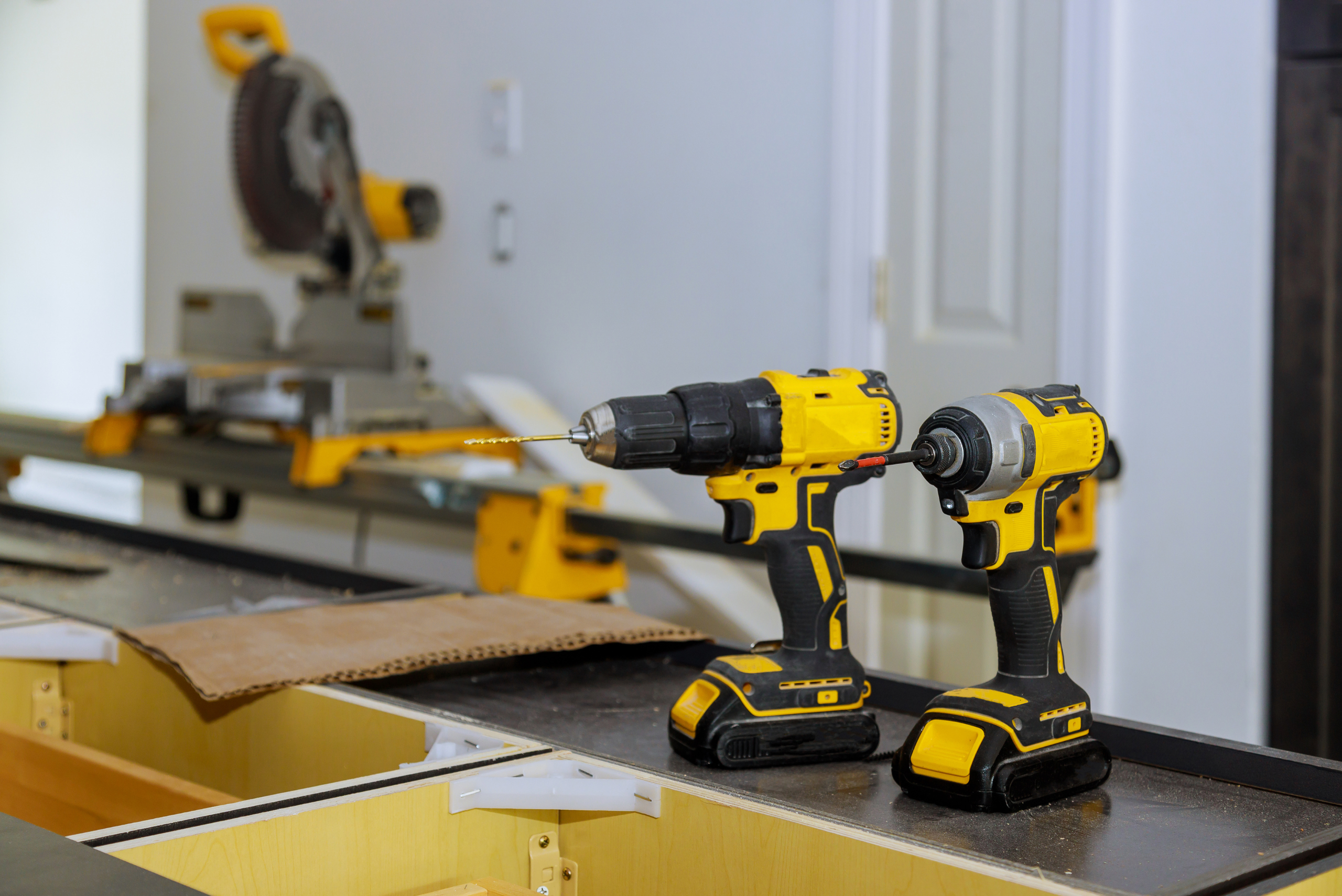
4. Warming Up Batteries Before Use
If you do end up storing batteries in a cold garage, always let them reach room temperature before use. Placing a cold battery directly into a power tool can lead to sluggish performance and increase the risk of internal damage. A simple way to warm them up is to bring them inside for at least an hour before use.
Avoid using external heat sources like space heaters or microwaves to speed up the warming process, as excessive heat can damage the battery cells and create a fire hazard. Instead, let the battery warm up naturally in a stable indoor environment.
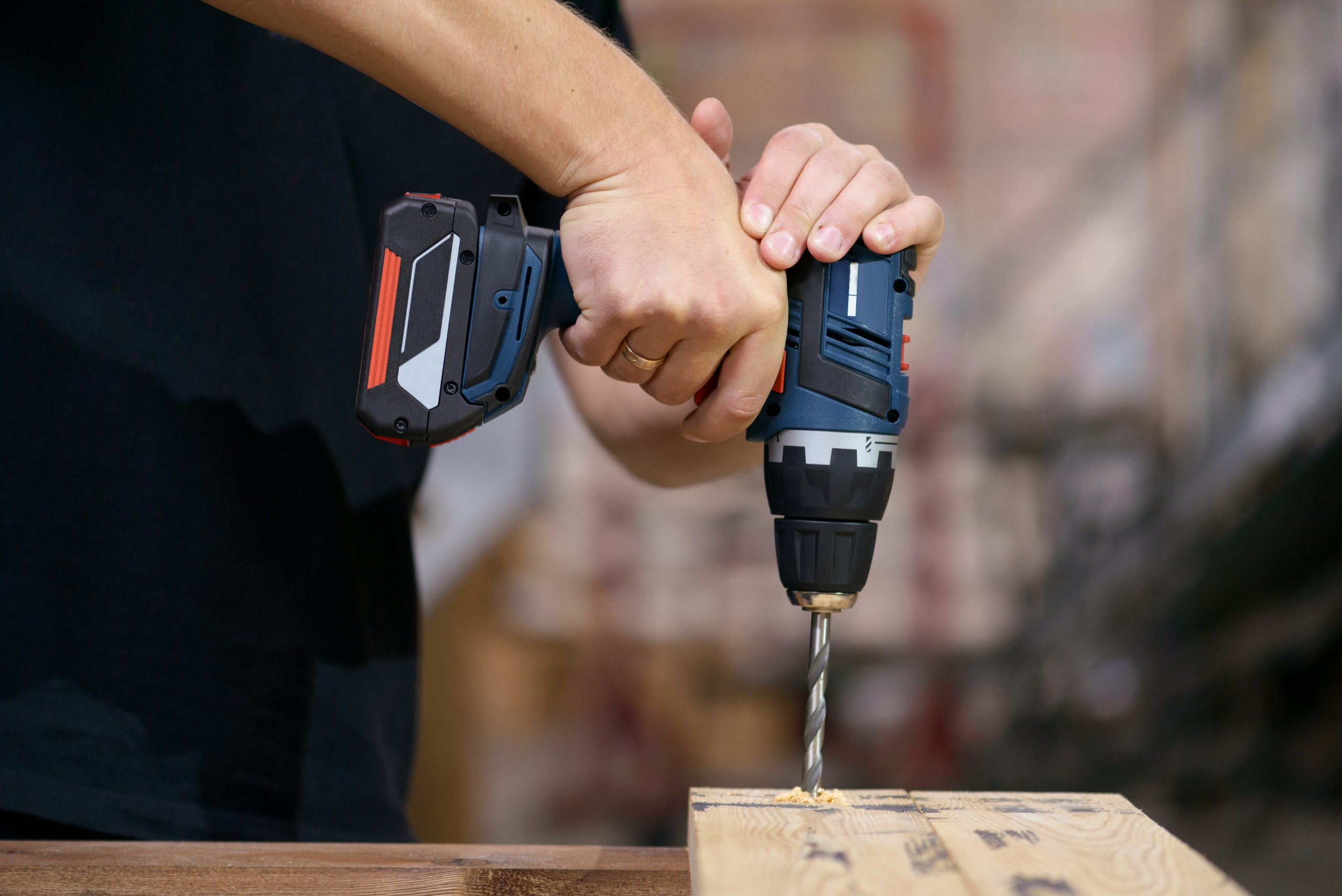
5. Additional Tips for Battery Longevity
Beyond temperature control, there are a few extra steps you can take to prolong the life of your power tool batteries. Keep battery terminals clean by wiping them with a dry cloth regularly. Store batteries separately from metal objects like nails or screws to prevent accidental short circuits. And always use the manufacturer-approved charger to prevent overcharging or overheating.
Proper storage and handling can make a big difference in battery performance, ensuring that your power tools are always ready when you need them.
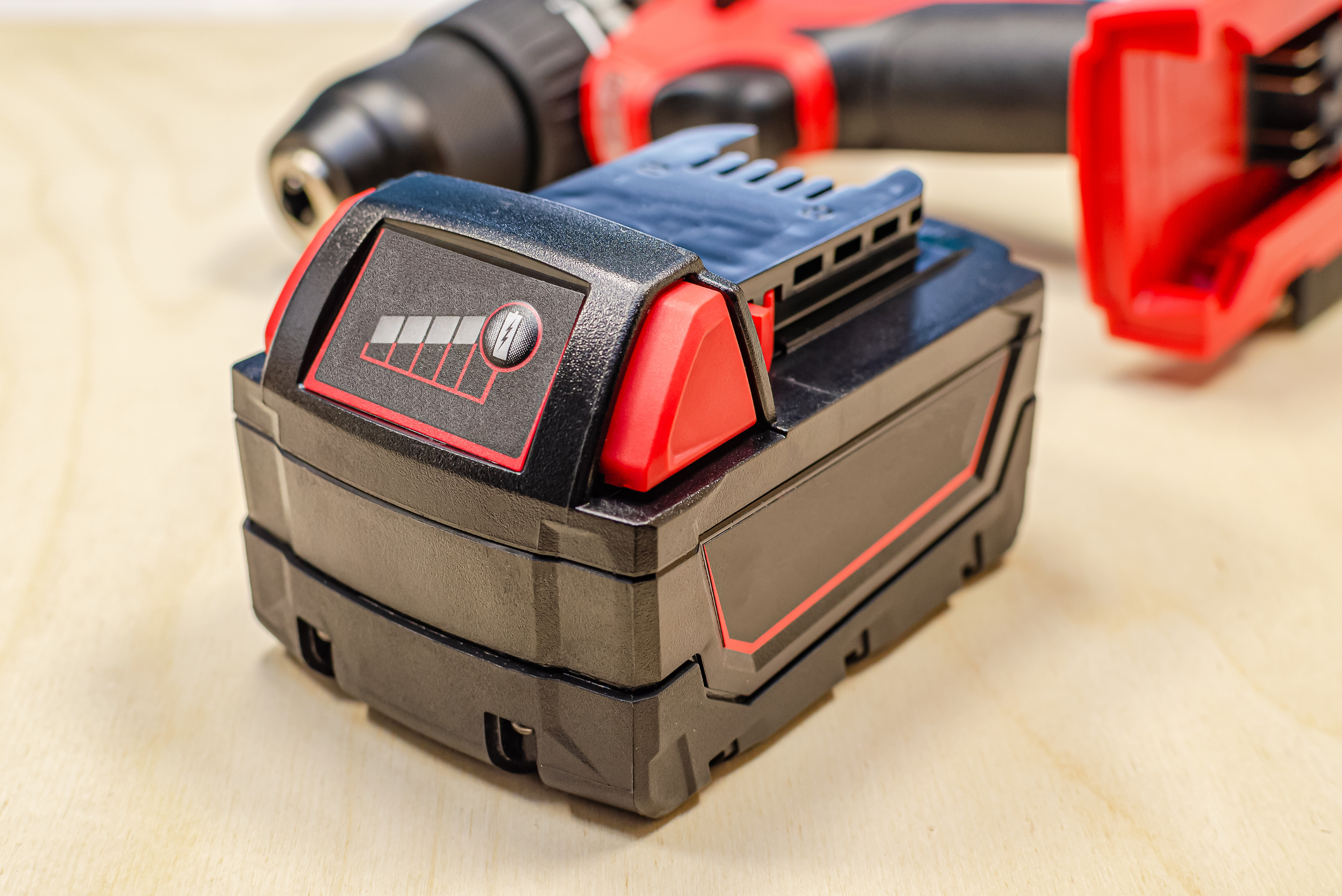
Related Articles
- Power Tool Organizer Ideas: Best Workshop Storage
- Makita vs Milwaukee – The Ultimate Brand Showdown for Power Tools
- Extension Cord Hack For Using Corded Power Tools
Storing power tool batteries in a cold garage isn’t the best idea, as low temperatures can affect performance, shorten battery life, and increase the risk of damage. If possible, keep your batteries in a climate-controlled space and allow them to warm up before use. By taking the right precautions, you can extend the lifespan of your batteries and keep your tools running efficiently all year long.








